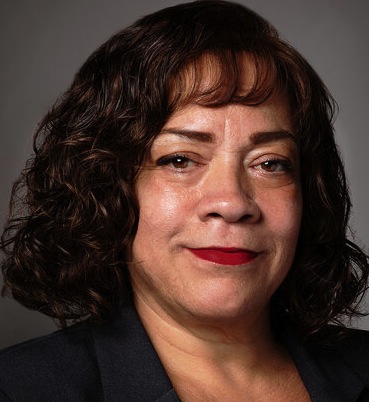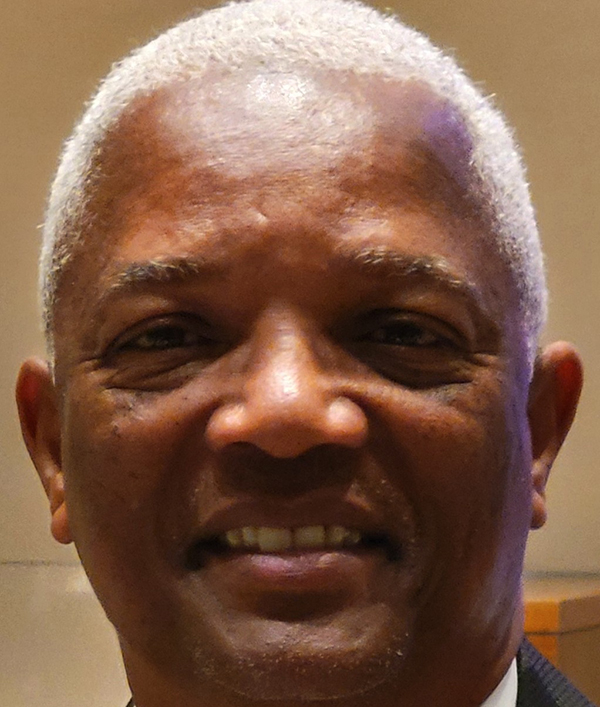By Felica Jones
Guest Columnist
Expecting Black mothers in California now face two simultaneous battles: potential exposure to COVID-19 and long-standing inadequate prenatal and maternal health care access.
As conversations around racial injustice grow louder across California, it is critical that we address the systemic health disparities that plague our community. This includes maternal and prenatal care, both of which Black women in California have less access to than white women.
One major racial disparity in prenatal care is in access to screening tests that help expecting mothers identify a baby’s likelihood to have certain genetic disorders. Newer, more accurate noninvasive prenatal testing options are proven to be more effective in screening for common abnormalities than traditional tests. A 2015 study published in the New England Journal of Medicine showed 21% of Down Syndrome cases pregnancies were missed with traditional screening compared to noninvasive prenatal testing, causing undue stress and financial burden on our Black mothers.
Further, because noninvasive prenatal testing only requires a blood sample, these tests allow pregnant women to skip the physical trip to a doctor’s office and risking contact with COVID-19, and instead can be performed in the safety of her own home.
However, despite the superiority of noninvasive prenatal testing, there is evidence that Black women are not gaining access to it as often as white women. Recent data from the California Department of Public Health indicates that white women who opted out of California’s state-funded prenatal screening program were more than twice as likely to gain access to noninvasive prenatal testing as Black women — 39% for white women to just 17% for Black women
A clear cause of this disparity is a lack of coverage for noninvasive prenatal testing by some health insurance companies. Even though guidelines from the American College of Obstetrics and Gynecology recommend noninvasive prenatal testing for all pregnancies regardless of age or risk, some large insurers — including Aetna and UnitedHealthcare, which cover employees at some of California’s largest employers — continue to refuse to cover noninvasive prenatal testing for all pregnant women.
Increasing accessibility to safer and more accurate prenatal options for California’s Black mothers is one important step we can take to remedy the health disparities that have affected Black communities for so long. We urge California Insurance Commissioner Ricardo Lara to investigate disparities in maternal and prenatal coverage for women in California, especially around access to noninvasive prenatal testing.
Despite the superiority of noninvasive prenatal testing, there is evidence that Black women are not gaining access to it as often as white women.
Felica Jones is the executive director of Healthy African American Families.










